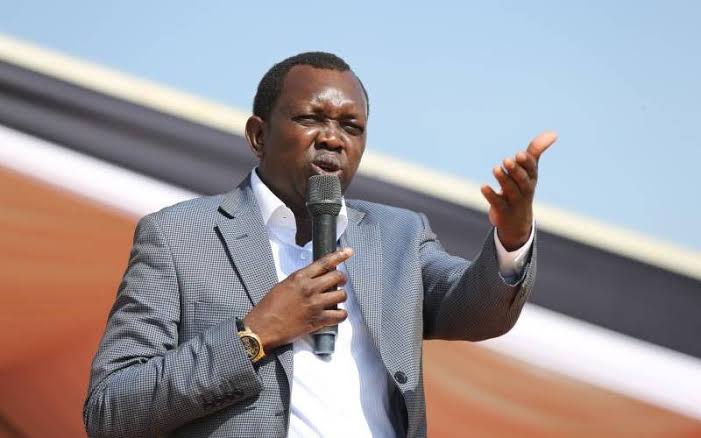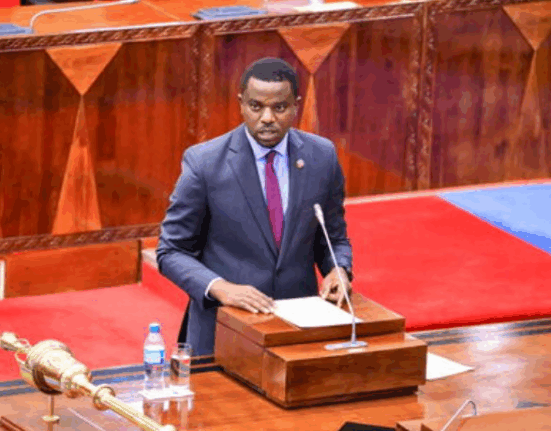Kapseret Member of Parliament Oscar Kipchumba Sudi has backed Tanzanian President Samia Suluhu’s move to deport six Kenyan activists who had travelled to attend a court session involving Tanzanian opposition figure Tundu Lissu.
According to Sudi, the activists overstepped their boundaries by getting involved in the legal affairs of another country while there are many unresolved justice issues back in Kenya that need urgent attention. He criticized their decision to travel to Tanzania instead of focusing their energy on the problems affecting their fellow citizens at home.
Sudi spoke through his official X account on Wednesday, May 21. He said the Tanzanian authorities were even too kind in the way they handled the matter. In his words, he claimed that if he had been in President Suluhu’s position, he would have taken harsher action against the activists.
He went as far as suggesting that they should have faced physical punishment so they could learn a lesson. He praised Tanzania’s decision to deport them instead of taking tougher steps, saying the country showed restraint only because of its good relations with Kenya.
Sudi hinted that if the activists were from another country, they might have faced more serious consequences.He also questioned why the activists thought it was their place to be involved in Lissu’s case.
He argued that their time and efforts would be better used supporting Kenyans who are struggling in the justice system or stuck in prison without fair hearings.
“Why go to Tanzania when Kenyans are suffering in court corridors and jails?” Sudi asked.
He stressed that real activism should start within one’s own country before trying to assist others across the border.
Sudi’s comments come as human rights groups raise concerns about the safety of the deported activists. Well-known Kenyan activist Boniface Mwangi and Ugandan lawyer Agatha Atuhaire were reportedly arrested in Dar es Salaam on May 19 and have not been seen since.
According to Hussein Khalid, the CEO of VOCAL Africa, all attempts to trace them have failed. He demanded their immediate release and warned that President Suluhu will be held responsible if anything happens to them.
The deportation has led to mixed reactions across East Africa. Many are now debating the balance between respecting a country’s laws and supporting causes beyond national borders.
The case has also opened a bigger conversation about human rights, national sovereignty, and the limits of activism across the region.











Leave feedback about this